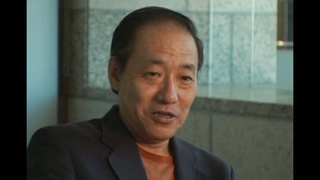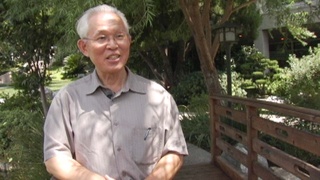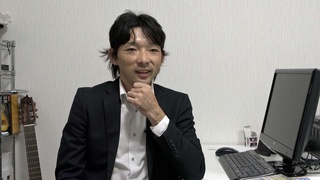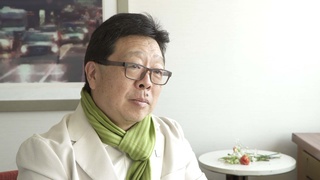Entrevistas
Explore More Videos

Atualizações do Site
APOIE O PROJETO


A campanha 20 para 20 do Descubra Nikkei comemora nossos primeiros 20 anos e começa os próximos 20. Saiba mais e doe!
COMPARTILHE SUAS MEMÓRIAS


Estamos coletando as reflexões da nossa comunidade sobre os primeiros 20 anos do Descubra Nikkei. Confira o tópico deste mês e envie-nos sua resposta!
NOVIDADES SOBRE O PROJETO


Novo Design do Site
Venha dar uma olhada nas novas e empolgantes mudanças no Descubra Nikkei. Veja o que há de novo e o que estará disponível em breve!
Venha dar uma olhada nas novas e empolgantes mudanças no Descubra Nikkei. Veja o que há de novo e o que estará disponível em breve!




